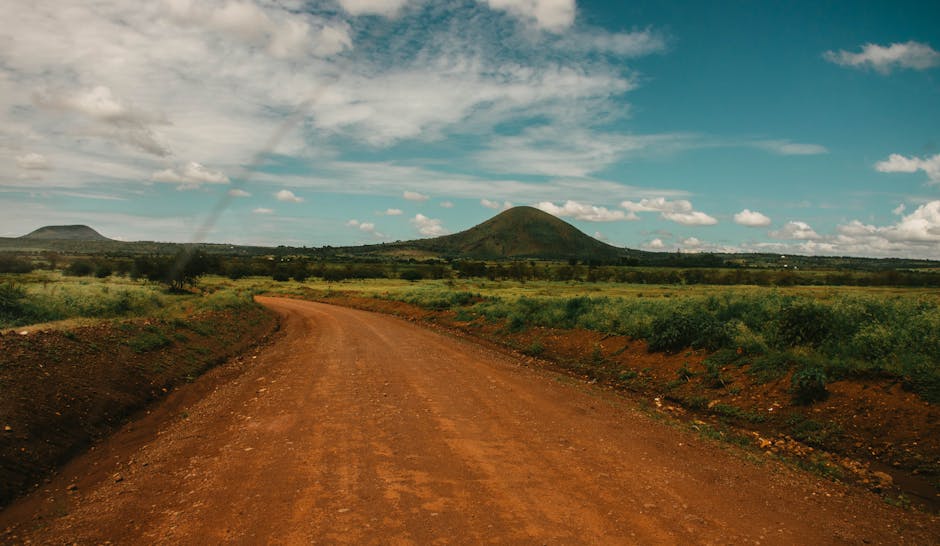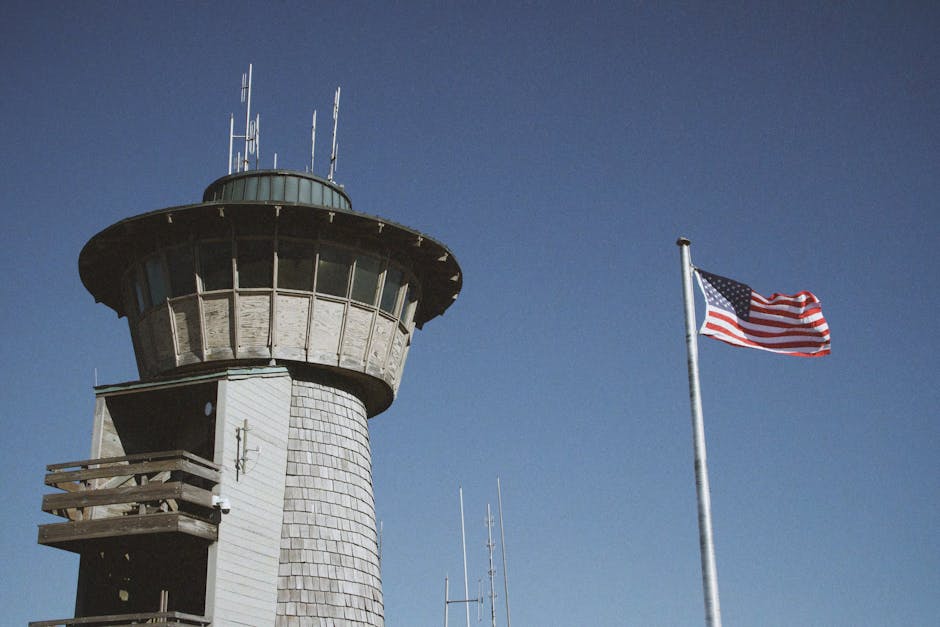Tanzania, long hailed as a beacon of stability in East Africa, is now gripped by unrest following President Samia Suluhu Hassan’s landslide re-election. While authorities declare the vote free and fair, opposition groups and international observers cite irregularities, sparking protests and a deepening crisis. What’s fueling the turmoil, and what does it mean for Tanzania’s future?
1. A Disputed Election Victory
President Samia Suluhu Hassan, who assumed office in 2021 after her predecessor’s death, secured re-election with over 80% of the vote. However, opposition parties—notably Chadema and ACT-Wazalendo—reject the results, alleging voter suppression, ballot fraud, and intimidation.
International monitors, including the EU, criticized the election’s opacity, citing internet blackouts, restricted opposition rallies, and arrests of activists. These actions have undermined confidence in the outcome.
2. Economic Struggles Fuel Anger
Beyond politics, economic frustration drives the unrest. Despite Tanzania’s GDP growth, many citizens face rising inflation, unemployment, and inequality. President Samia’s pro-business reforms have yet to benefit ordinary Tanzanians, sparking youth-led protests amplified by social media.
3. Government Crackdown on Protests
Authorities have responded forcefully, deploying tear gas, live ammunition, and mass arrests against demonstrators. Opposition leader Tundu Lissu has been repeatedly detained, while activists face charges of inciting violence. Amnesty International warns of rising authoritarianism, though the government insists it’s enforcing order.
4. Regional and Global Repercussions
Tanzania’s instability risks disrupting East African trade and security, with neighbors like Kenya monitoring closely. Western nations, including the U.S., have condemned democratic backsliding, potentially impacting aid. Meanwhile, China, a major investor, remains focused on economic ties.
5. What Comes Next?
President Samia advocates dialogue, but with electoral trust broken, reconciliation seems distant. The crisis underscores broader struggles over democracy and equity in Tanzania—an outcome that will shape the nation’s future.
Follow NextMinuteNews for updates on Tanzania’s political unrest.




